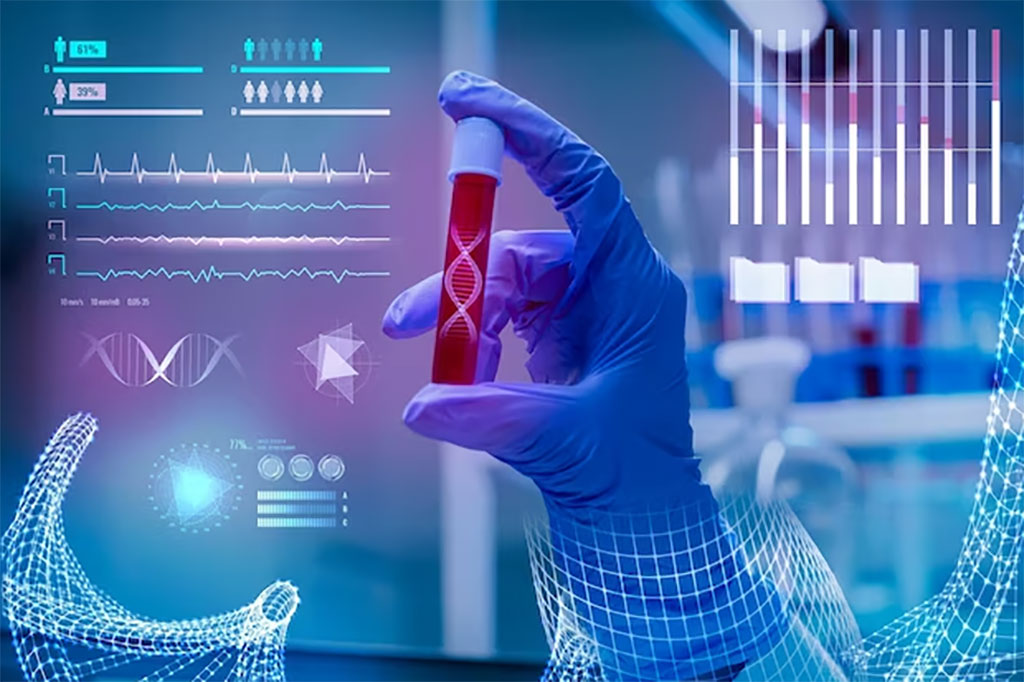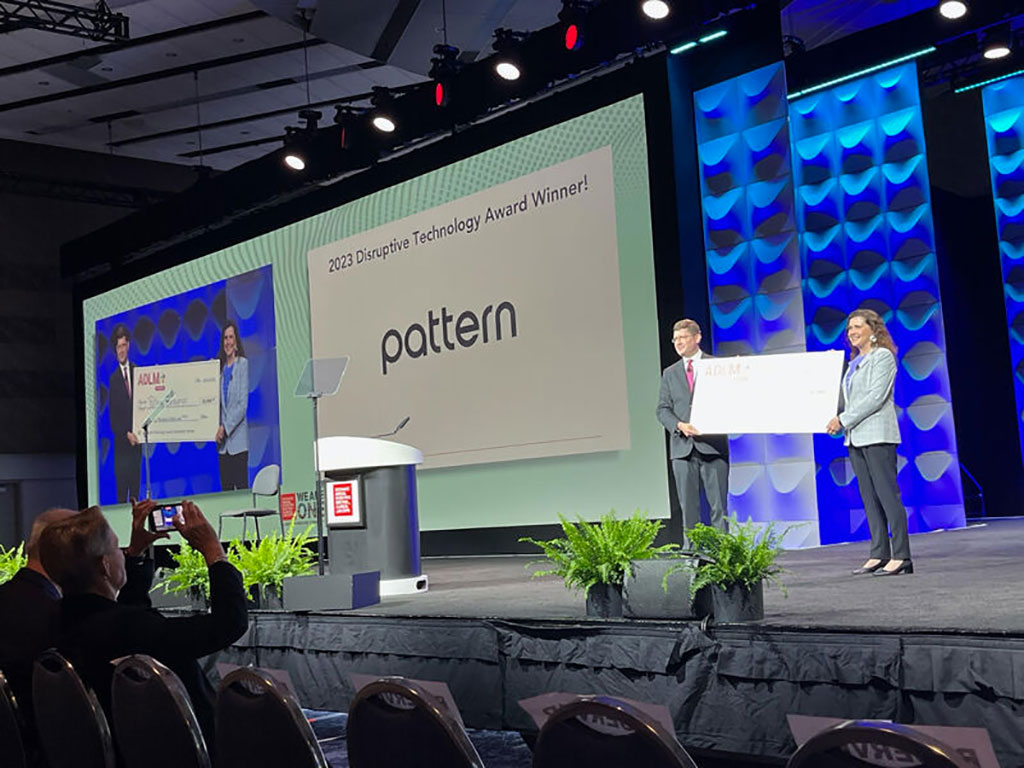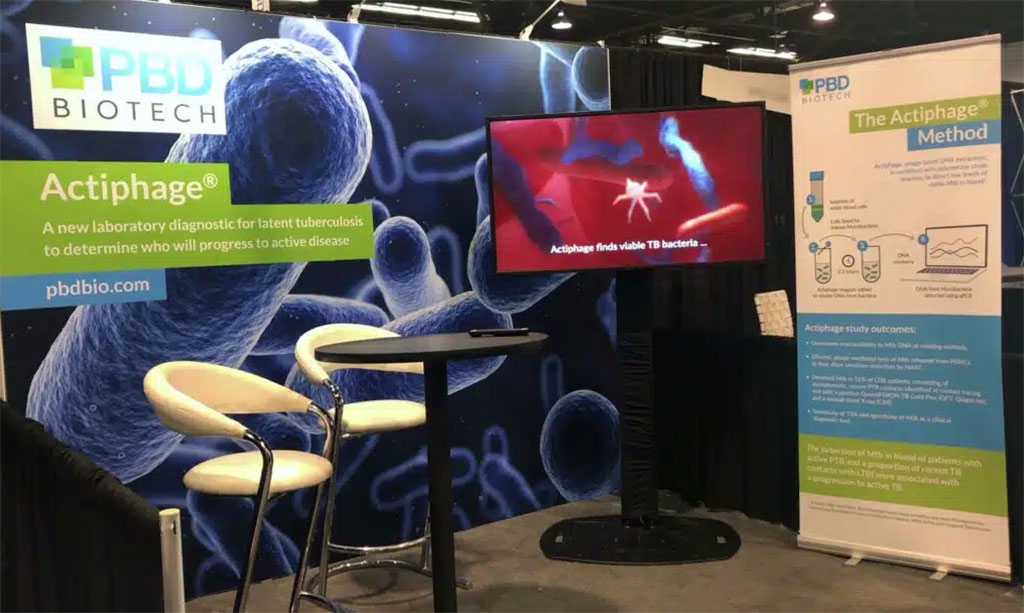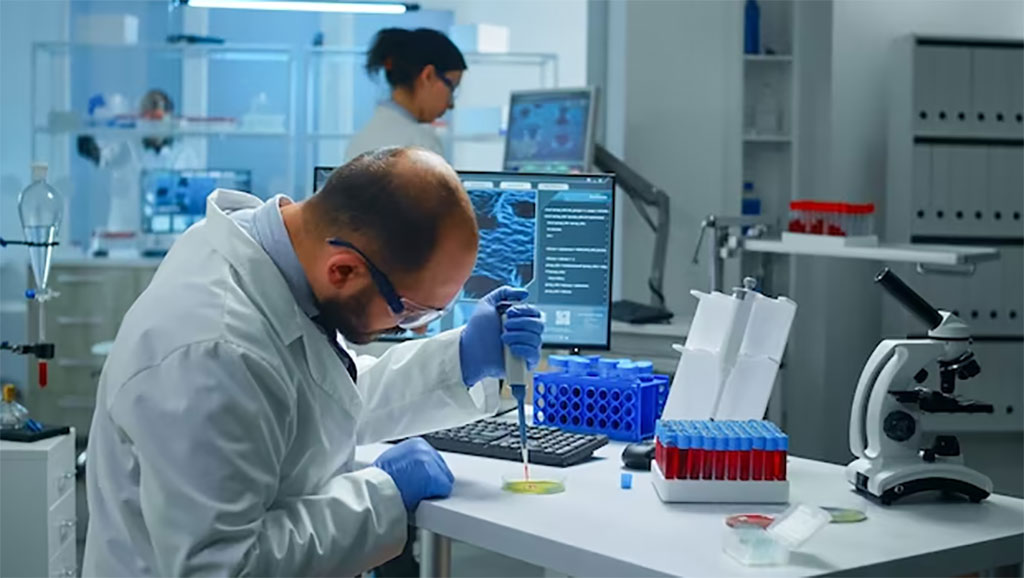Scientific Session Explores Future Role of AI and ML in Clinical Laboratory
Posted on 26 Jul 2023
The enthusiasm surrounding the application of artificial intelligence (AI) and machine learning (ML) in laboratory medicine is unprecedented. This makes it crucial for laboratory professionals to acquire fundamental knowledge of these systems as they are set to become an integral part of clinical practice. At the AACC 2023 scientific session, “Artificial Intelligence and Machine Learning in the Clinical Laboratories: Fundamental Concepts, Clinical Use Cases, and Future Considerations,” attendees learned about the role that AI and ML can play in the clinical laboratory.
Considering the enormous amount of data produced by laboratories, the potential for implementing AI algorithms across all stages of the testing procedure is immense. Nonetheless, to truly harness the power of these algorithms, it's essential to understand and appreciate the functioning of such models. In the first part of the session, Christopher Williams, MD, from the University of Oklahoma Health Sciences Center (Oklahoma City, OK, USA) taught attendees some of the foundational concepts of AI and ML. Williams introduced various types of ML, a subset of AI that includes supervised and unsupervised learning. Williams laid out an understanding of the core concepts that can empower laboratorians to begin questioning why a model makes certain decisions—a skill that can prove useful for those evaluating their own models as well as for those approached by vendors with AI-enabled products.

In the second part of the session, David McClintock, MD, from Mayo Clinic (Rochester, MN, USA) discussed the tools and skills required by laboratory professionals to integrate AI/ML applications in clinical laboratories. This does not mean that laboratorians will have to become coding experts. According to McClintock, there are simple “low-code and no-code” test systems that can aid non-experts in generating AI/ML models. However, he cautioned that it is still vital to think about datasets critically from the laboratory perspective.
“This is where it is more important not to understand the coding but to understand what the model is looking for,” said McClintock. A laboratorian should be able to answer basic questions when developing and using a model such as: “What am I looking for? How do I structure my data? What are the inputs? What are the outputs?”
McClintock also described some of the obstacles hampering the wider distribution of AI/ML. “We don’t expect one group to figure all this out,” he said. Collaboration is key, and McClintock believes it is important for more people with backgrounds in data science to be brought into the laboratory in order to ensure the right support is in place from both the lab side as well as the IT side.
AI holds the power to transform laboratory medicine, although several questions remain unanswered. “There is a time and place for AI, and we’re going to learn what that is,” said McClintock. Laboratorians must be ready and begin understanding where and how AI/ML can fit in. But McClintock made it clear that “AI and ML are coming to your laboratory.”
Thomas Durant, MD, from Yale School of Medicine (Wallingford, CT, USA) discussed various key issues related to the implementation of AI/ML applications, including ethics, interoperability, and regulatory considerations. Patient safety is a key concern for Durant who emphasized that lab professionals must perform their due diligence before integrating AI tools as there can be biases within a model that could cause potential harm.
“We need to collectively as a field develop some degree of technology literacy around these new applications,” said Durant. From there, an acceptable framework can be developed for validating and verifying the performance of these tools.
Related Links:
University of Oklahoma Health Sciences Center
Mayo Clinic
Yale School of Medicine













